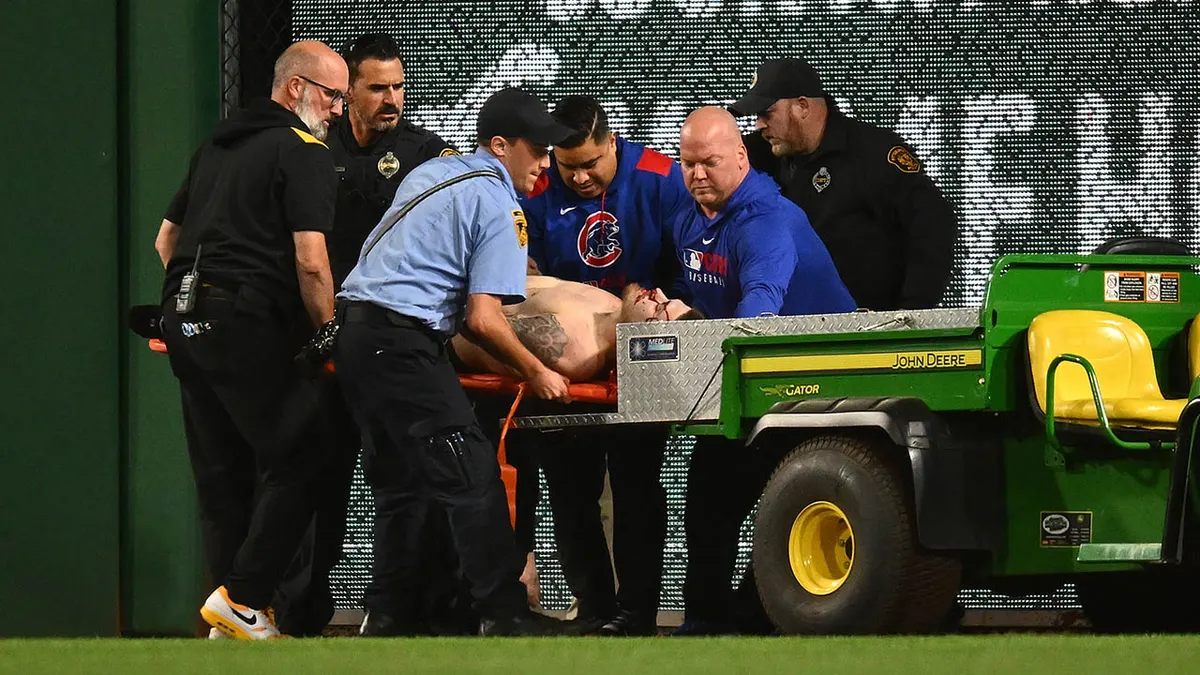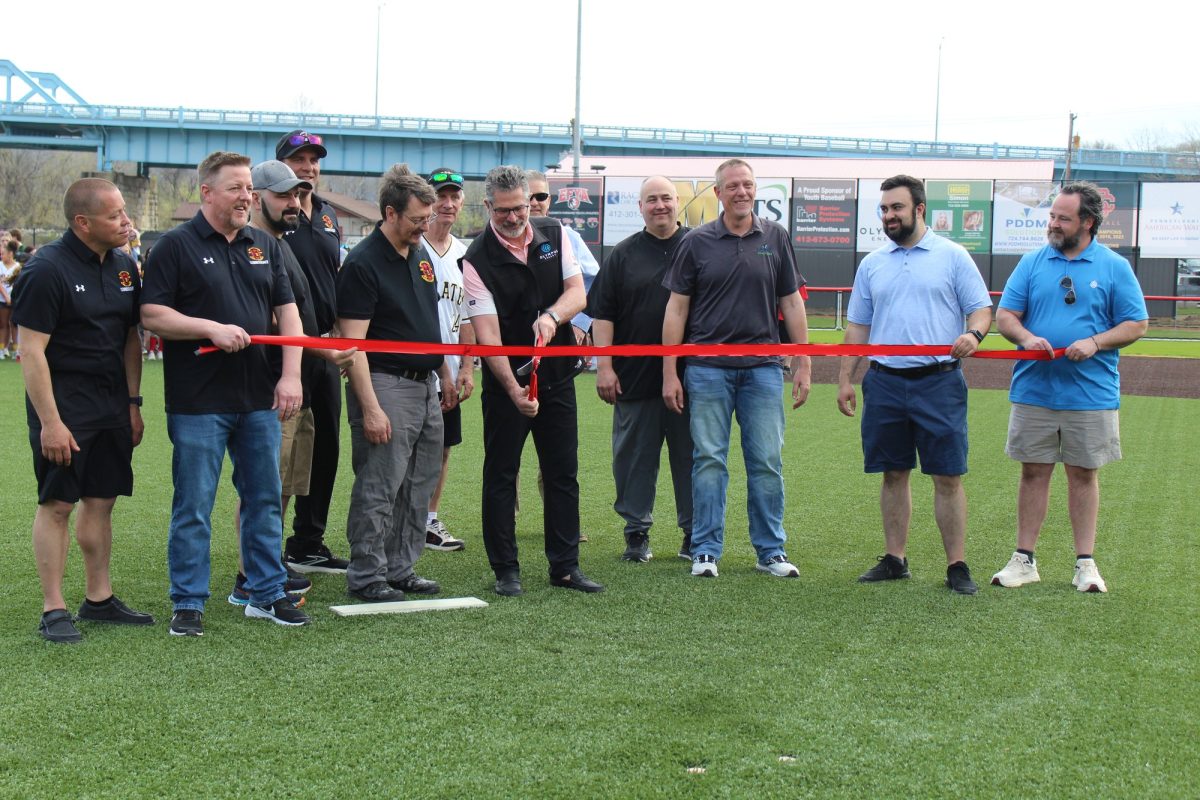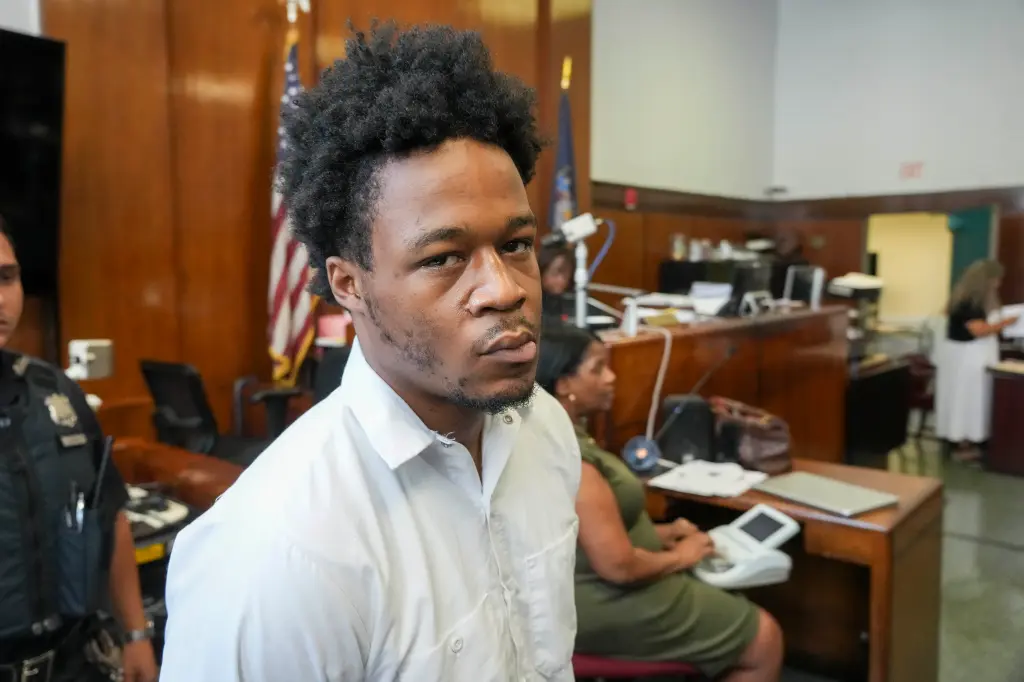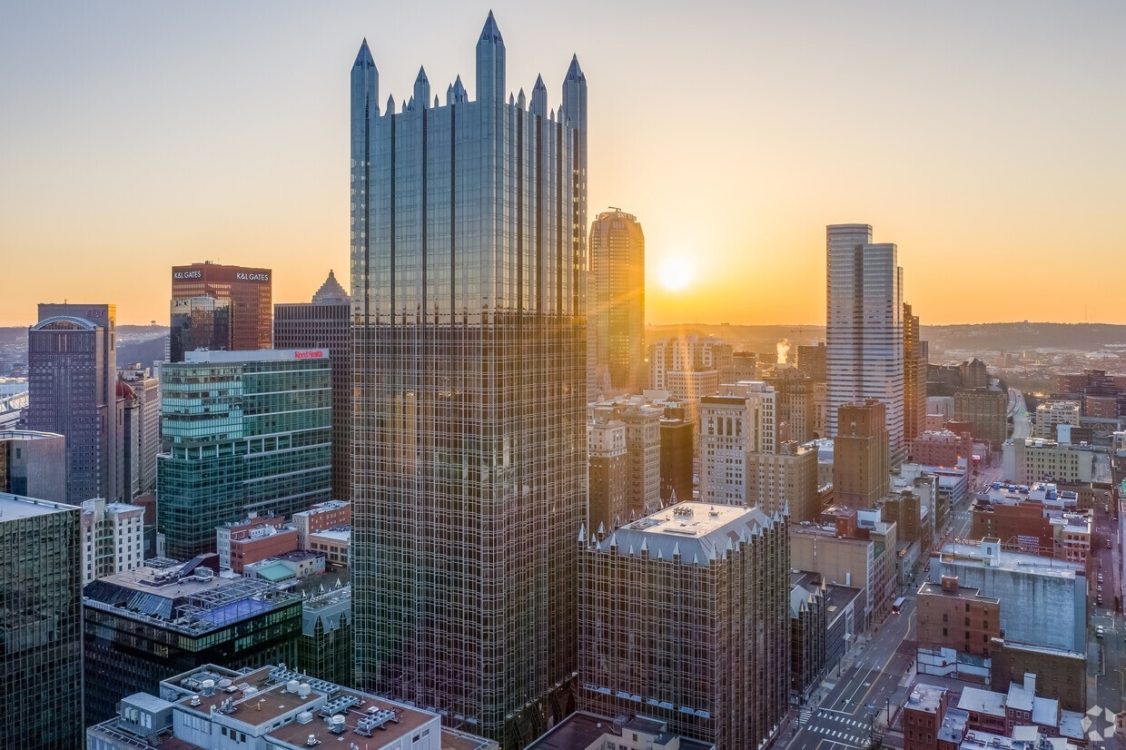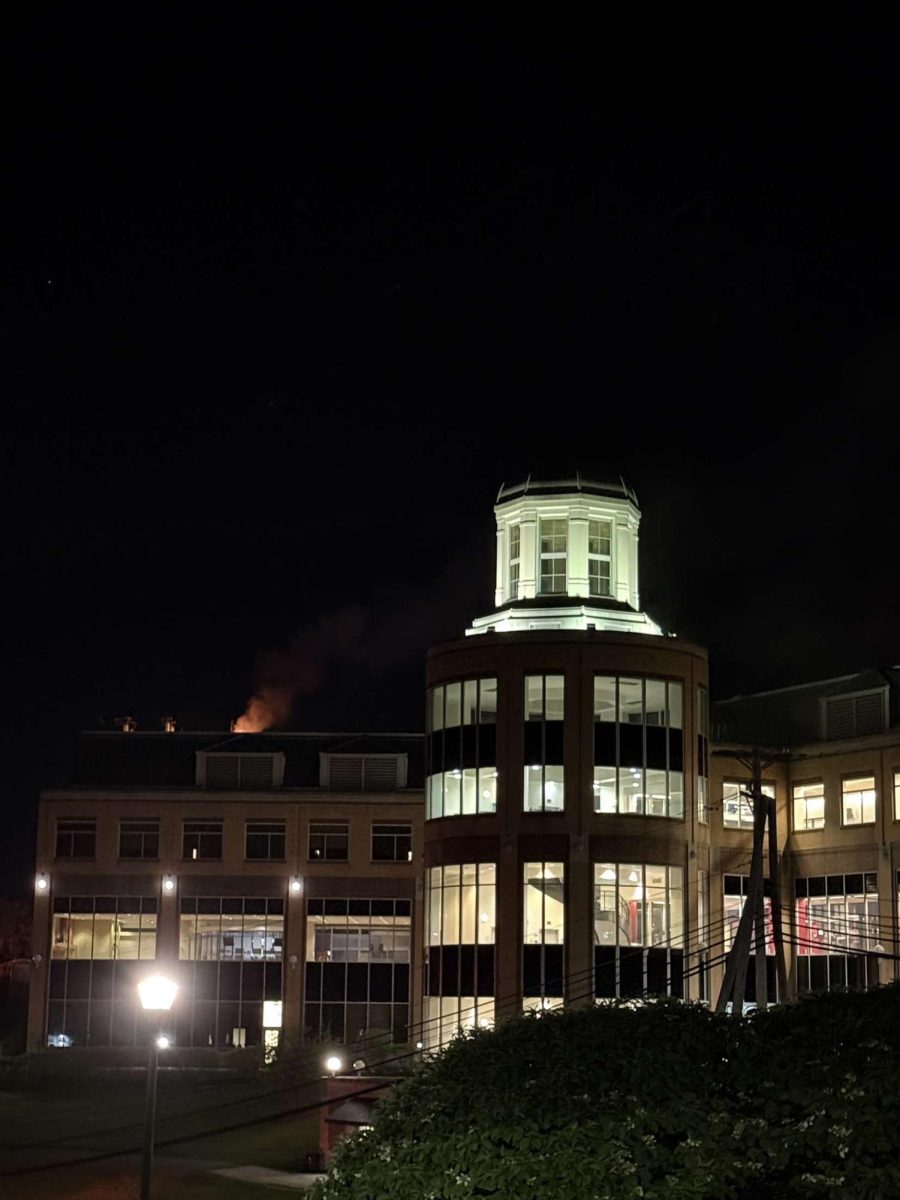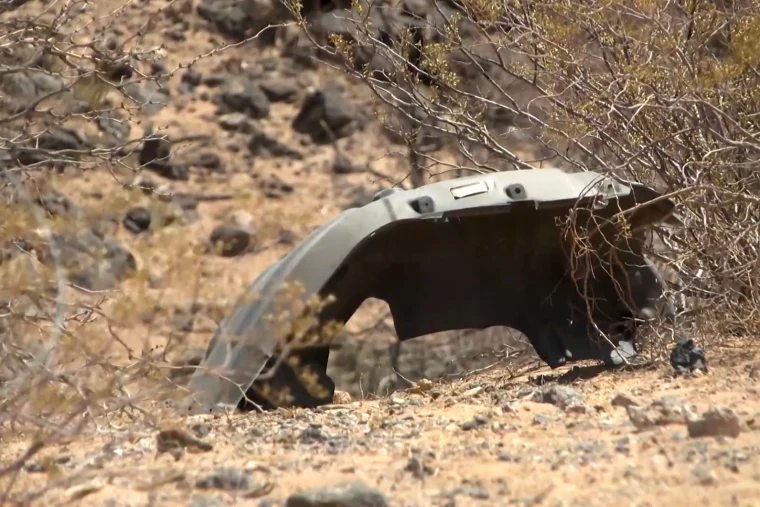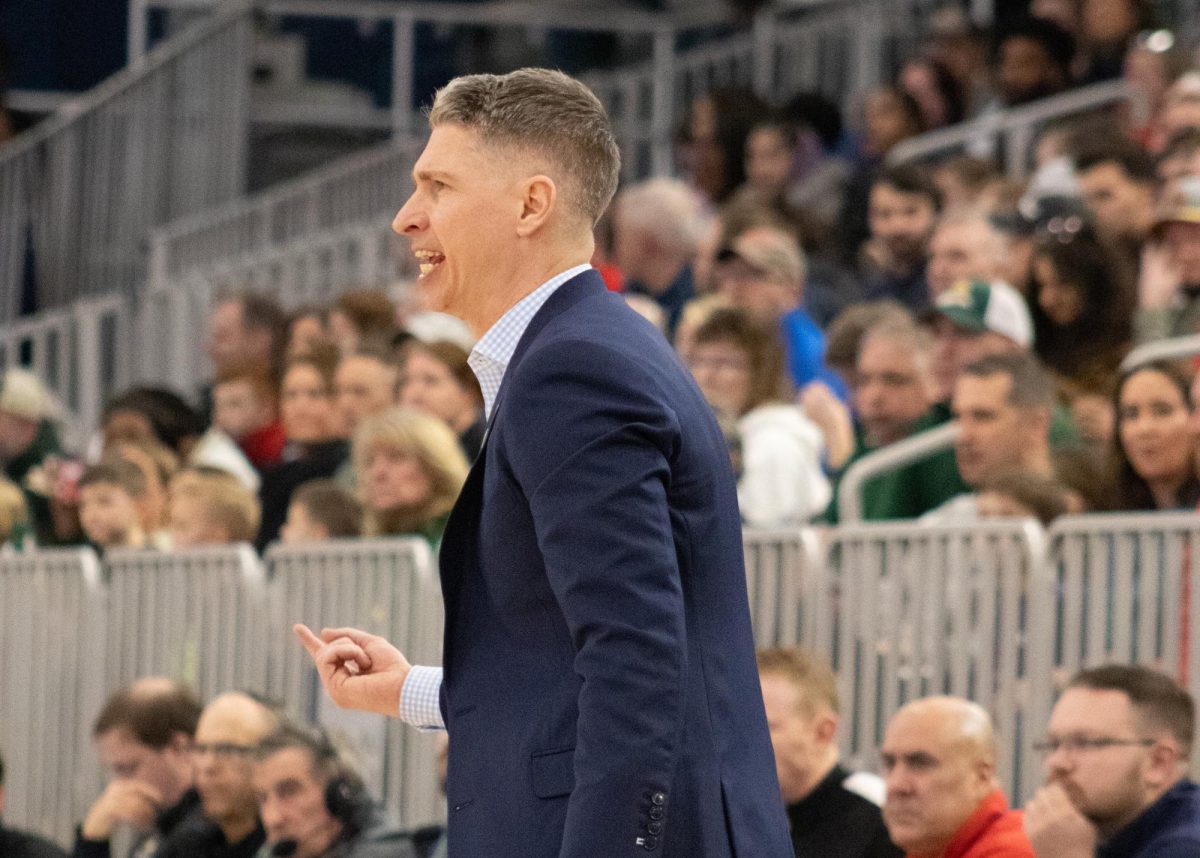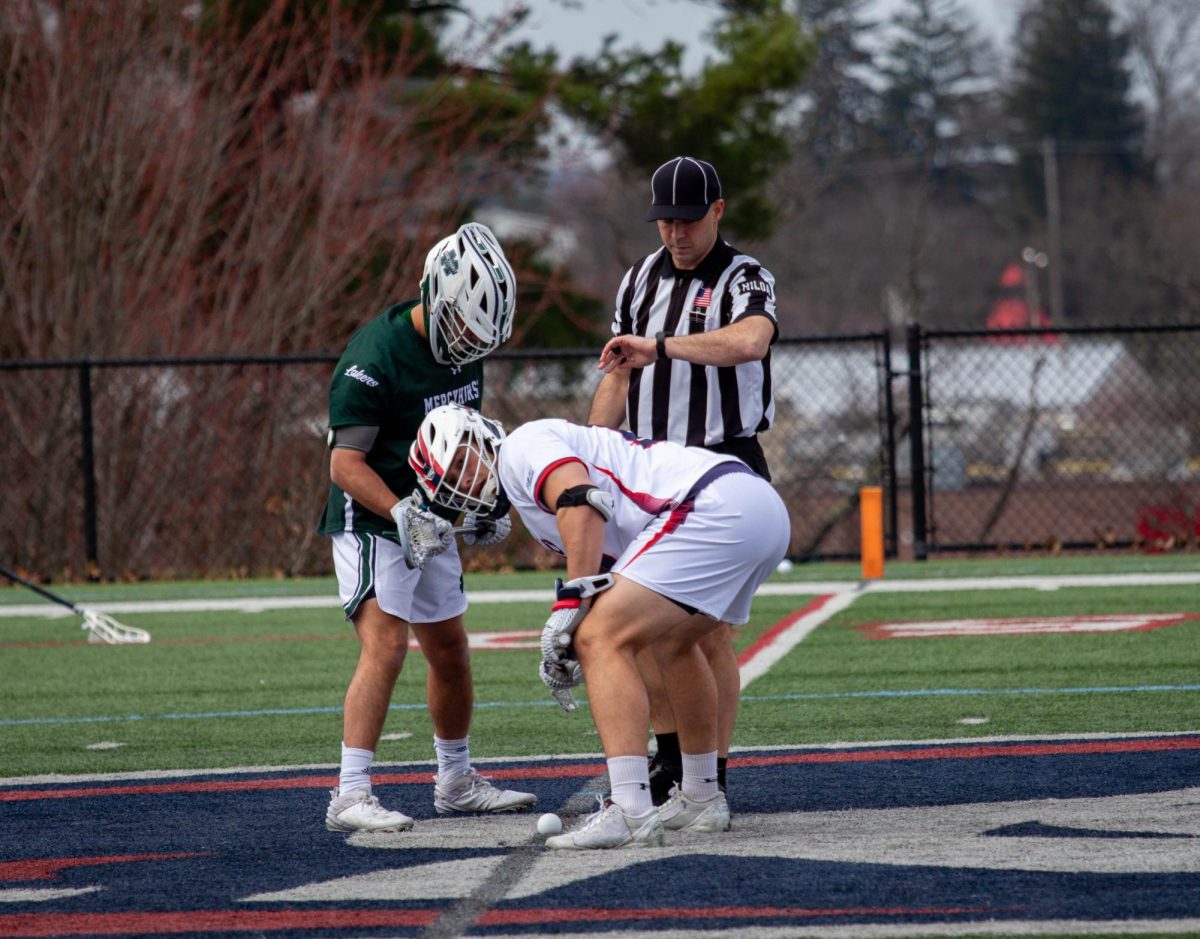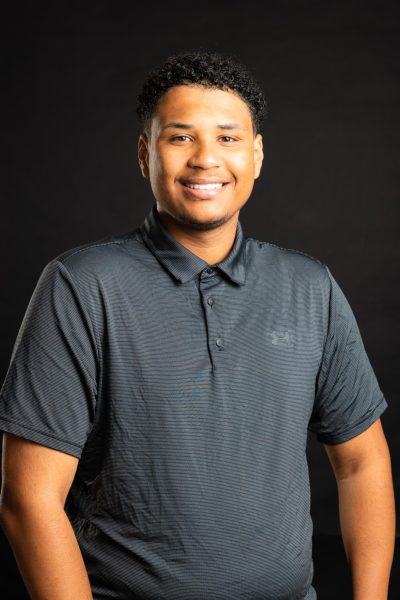Dr. Rijasoa Andriamanana Josoa, an assistant professor at the University of Mahajanga, is serving as an International Rooney Scholar at Robert Morris University this semester. Rijasoa has a background in foreign language education, highlighting the issues faced in Madagascar’s education system while encouraging RMU students to take advantage of all of the university’s career-focused resources.
Madagascar is known for its diverse wildlife and in pop culture, but there’s a side that many people may not have the opportunity to see or hear about, and that’s their education system.
While visiting, Dr. Rijasoa learned a lot through RMU. She is well connected with the education department and she is able to learn about new educational trends.
“I learned how to be career-ready, RMU-ready. So what are the skills that the students need to know?” Said Rijasoa. “And I/ think that was amazing, that you guys prepare people for careers, not only to get a degree, but to be able to be on the market right after graduation.”
Rijasoa was taken on a tour of the Academic Media Center, where she was able to see the newsroom, radio production rooms, control room, and studio. She was amazed that RMU students were exposed to these kinds of resources.
“After visiting your studio, I see that if you study media arts, for example here, you are doing the practice already with this beautiful studio,” said Rijasoa
Rijasoa did have a message for RMU students. She wants students to take advantage of all resources that they have. She wants students to take advantage of the programs that are offered by the school.
She mentioned the career readiness programs that are offered by the school. She talked about how to be marketable after graduation by utilizing Linkedin and other materials that are made available by the school.
“So take advantage, and it’s not like this everywhere. In my country of Madagascar, for example, I am an assistant professor, but I don’t even have an Office, students don’t have access to the internet,” said Rijasoa. “I don’t have an email address of my institution because we don’t have that. So I use my Yahoo. Take advantage because the training here is not only academically solid, but prepares you for your life.”
Dr. Rijasoa talked about the struggle of education in her country. Madagascar’s biggest issue is education, according to Dr. Rijasoa. Ninety percent of teachers are unlicensed and underprepared, but that’s where she stepped in and helped. After being the secretary of education in Madagascar, she decided to train teachers in rural Madagascar.
“So that’s my job after I no longer work for the government, is to give training to those teachers in the remote area because they didn’t receive any training and we don’t have any capacity, actually.”
Rijasoa advocates for those people who live in rural areas, which hold 80% of the island nation’s population and cannot get adequate access to education.
Dr.Rijasoa’s educational journey started in her neighborhood when she was young. She would teach the kids in her community when she was five years old. She would even teach the older kids. This is when she developed her love for learning.
“I developed the love of learning, and after I received my high school degree, I went to study English because I missed the teacher’s training college admission,” stated Rijasoa
Rijasoa was eventually admitted to that program so she could study the English language. After finishing up in the teacher’s college, she went to study abroad after her uncle recommended she do that if she wanted to become like him. Her uncle was also the secretary of education.
“After I finished, I wanted to study abroad. I sent out applications, and our abroad was mostly Europe. So I thought I sent [applications] in France, Switzerland, and Norway. So none of them accepted me,” said Rijasoa. “And I didn’t do the U. S. because my mom, when I was little, she told me, in America, don’t go there because everybody has a gun and you can just buy guns like candies. So I was scared.”
Rijasoa did end up in the United States, at the University of New Mexico, and she ended up living here for 13 years with her family. At that point, she didn’t get her dream job.
Dr.Rijasoa had another important message for students. She believes that people should get a degree in their respective fields.
“If an employer has a position open, 200 people may have the minimum requirement. But then they bring you to the interview, what they’re looking for,” said Rijasoa. “It’s not the degree anymore. It’s your character, your value. Are you someone who just follows the stream, or do you have your value? What is dear to you? Is it to yourself only? Are you a selfish person? Or do you want the goodness, the shared goodness, the shared benefit of this world? Why do you need the job? Why do you need to study? Yes, we study so that we have a better life and money. But that is second, You get education to make this world more peaceful and better for humanity.”
Dr.Rijasoa is fluent in five languages: Malagasy, French, English, Spanish, and German. Her aunt taught her how to count in English when she was three years old. That was some of her first exposure to the English language.
“And then one day when I was in middle school, there was a visit. There were visitors from England at the church. And I was amazed by the translator, who could even translate the prayers of the people. It was like, oh, my gosh, I want to do that.”
These experiences helped shape what she wanted to do. At this point, she knew she wanted to study the English language. She also had a small competition with her father as he knew many languages and the only one he didn’t know was English so she decided to learn English.
Communicating in different cultures can vary, and hand gestures can also be very different. When you motion for a person to come to you, that has a bad meaning in Madagascar.
Dr. Rijasoa finished up by talking about the official language of Madagascar, Malagasy. This language has roots that go back to Indonesia. They call Malagasy an Austronesian language. This language also has influences of Swahili and Arabic. Madagascar is where Africa meets Asia.
The language is very unique, and it is not taught at many universities, except in China.
“So far, only in China is the academy of Malagasy language. So that is the country that has a special department to teach Malagasy.”
Dr. Rijasoa’s journey talks about the power of education, both in her home country of Madagascar and abroad. Her experiences emphasize the importance of utilizing all available resources and remaining committed to improving not just personal career prospects but also the well-being of others.
As RMU students continue to learn and grow, they should remember Dr. Rijasoa’s message that education is not only for a better life but to create a more peaceful and prosperous world for all.




